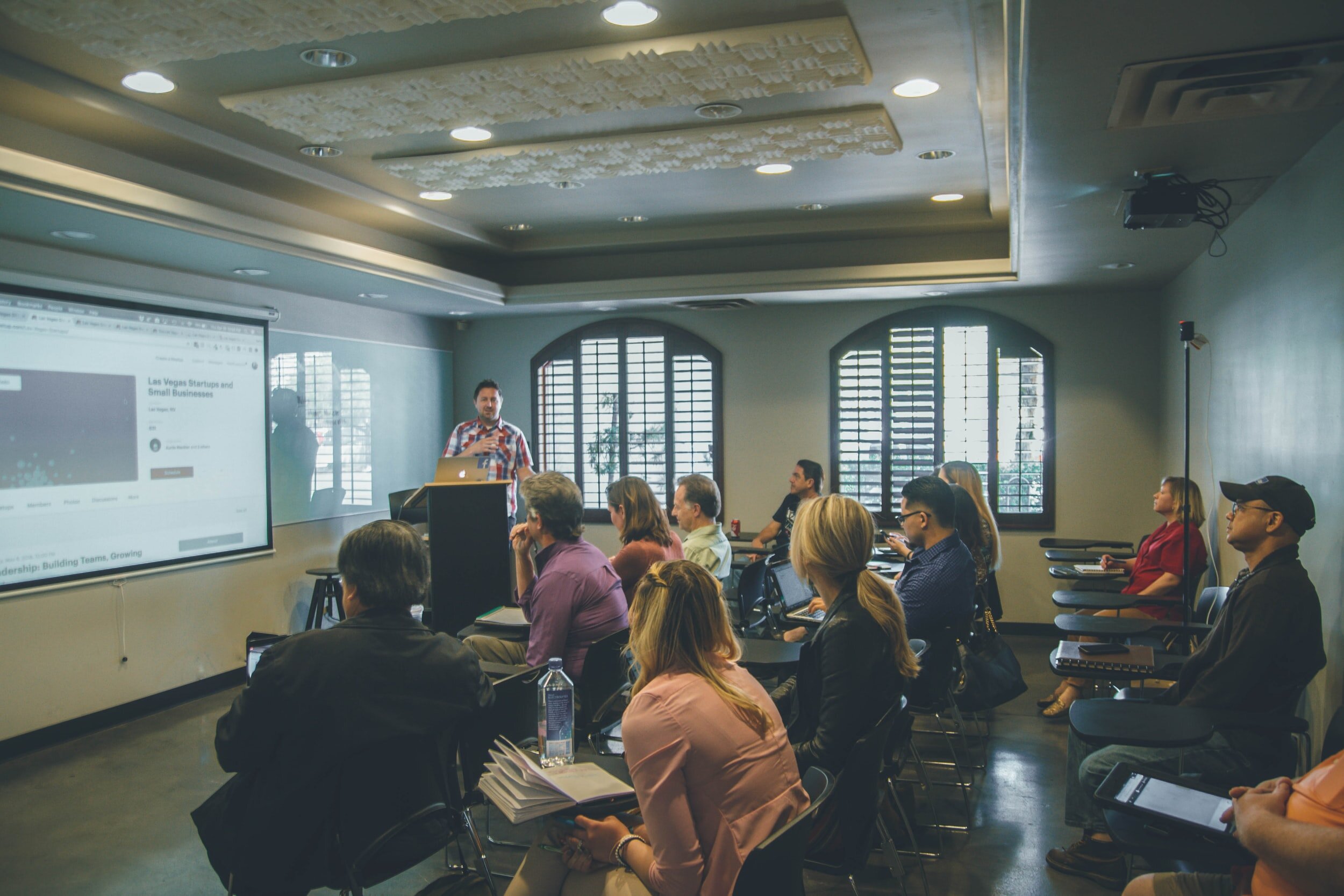Top tips for starting a social research project
By Charlotte Brookfield, author of Using Microsoft Excel for Social Research, a Senior Lecturer of Social Science and Co-Director of the Cardiff Q-Step Centre of Excellence in Quantitative Methods Teaching, at Cardiff University.
Charlotte Brookfield is a Mentor-in-Residence for September, as part of our series on Data Analysis. In this post she encourages readers to start thinking about analysis at the design stage.
Where should you start?
Undertaking a social research project can be a daunting prospect. One of the first challenges is defining the focus of the study. Inspiration for your research project can come from a variety of sources. In some instances, your project may be predetermined by a supervisor or work placement host. However, if you have greater flexibility over the focus of your research project you may want to look at the news and consider topics you have previously studied as potential sources of inspiration. It can also be helpful to discuss ideas with friends and family. Even your own hobbies, interests and future career aspirations could form the basis of a research project. It is important however, that the scope of your study is not too broad, and it is possible for you to answer the research questions set out in the time allocated.
To assist with this, it can be helpful to ask yourself the following questions: who, what, where, why and how? Who is it that you plan to research? What do you want to find out? Where will you carry out your research? Why is it important that this research is undertaken? How will you collect/analyse data? In answering these questions, it is helpful to be as specific as possible in your responses. For example, when describing who it is you plan to research, avoid simply stating ‘students’ instead make it clear what level of study (undergraduate or postgraduate) and which degree programmes (e.g. social sciences, natural sciences etc) your sample will consist of. Equally, when considering where you will carry out your research, it is important to remember that this may be a virtual, online space as opposed to in person.
Research takes time, plan accordingly
It is also important that you plan your time effectively to ensure that you allow sufficient time to undertake different tasks. It is often easy to underestimate how long it takes to proof-read and format a research project. Despite often being the task which is left until the very end, these jobs are vital and it is essential you allow plenty of time to complete them. Creating a Gantt Chart at the start of a project can help with organising your time. A Gantt Chart is a visual display of the length of time needed to undertake all the tasks in order to complete a project. It also displays the order in which tasks should be completed. It is possible to make Gantt Charts easily and quickly using Microsoft Excel. For those completing research projects as part of their university studies, it is possible that they will have other deadlines for different modules. It is essential to factor these additional deadlines in when planning your time at the start of a project.
Another helpful tip to consider before starting a research project is to look at some example research projects. Reading completed projects can give you a valuable insight into the breadth and scope of the research project you are expected to complete, as well as how to structure and format your final write up of the project. It is likely that you will be assigned a supervisor, tutor or mentor to oversee your project. They should be able to provide you with a copy of a completed project to read. It is also important that you develop a good working rapport with this person. Make sure that you set up regular meetings with them and arrive to meetings prepared with a list of questions to ask.
Learn more
My new book includes lots of top tips for those undertaking a social research project. The chapters are organised around the key stages of the research process, helping guide the reader through their own research from beginning to end. Use the code SAGE30 for a 30% discount when you order the book from SAGE Publishing.
Charlotte Brookfield is the author of Using Microsoft Excel for Social Research, a Senior Lecturer of Social Science and Co-Director of the Cardiff Q-Step Centre of Excellence in Quantitative Methods Teaching, at Cardiff University. Her work is informed by pedagogic initiatives and activities developed to increase social science students’ engagement with quantitative research methods. In particular, she is interested in exploring the place of quantitative research methods in British sociology. Charlotte’s experience leading on a research placement module led her to recognise the necessity for social science students and graduates to have a greater familiarity with Microsoft Excel and inspired her to write Using Microsoft Excel for Social Research. Follow her on Twitter @BrookfieldCE.








